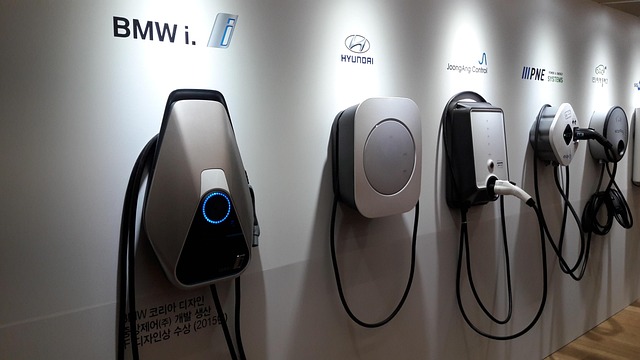The world is at a critical juncture, with climate change looming large over our collective future. As the effects of global warming become increasingly apparent—ranging from extreme weather events to rising sea levels—it’s essential for individuals and communities to seek solutions that mitigate these challenges. One significant player in this effort is the rise of electric cars, which represents a shift towards greener transportation options that could alleviate some of the burden on our planet.
Unlike traditional gasoline-powered vehicles, electric cars operate on electricity, dramatically reducing harmful emissions that contribute to air pollution and climate change. When you charge an electric vehicle (EV) using renewable energy sources like solar or wind, you’re not just driving a car; you’re driving change. This powerful transition can lower overall carbon footprints and promote a healthier environment for future generations.
As awareness grows about the detrimental impact of fossil fuels on our climate, many are making the conscious choice to switch to electric cars. They’re not just seen as a practical alternative but also as a statement against climate change. By embracing EVs, drivers are helping to decrease demand for oil, a non-renewable resource that significantly contributes to greenhouse gas emissions. Each mile traveled in an electric vehicle represents a step towards a sustainable future, a future where clean air and a stable climate become achievable goals.
Additionally, governments worldwide are recognizing the potential of electric cars in championing environmental sustainability. Numerous incentives, tax breaks, and rebates have emerged to encourage consumers to choose electric over combustion engines. This push also stimulates the economy, creating jobs in manufacturing, infrastructure, and technology. Investing in electric vehicle production not only fulfills our needs for transportation but also propels innovation in sustainable practices.
Charging infrastructure is rapidly expanding, making it easier for individuals to adopt electric cars. Charging stations are now found in urban centers, on highways, and even at workplaces, breaking down barriers for electric vehicle owners and making long journeys feasible. The convenience of charging an EV at home further adds to the allure of this eco-friendly alternative, offering an easy way for individuals to take part in the fight against climate change.
The urgency to convert to more sustainable transportation is echoed by climate scientists and activists alike. They emphasize the need for immediate action to reach global carbon reduction targets. As a result, the role of electric cars is more crucial than ever. With every vehicle that hits the road powered by electricity rather than fossil fuels, we shrink the impact of climate change, contributing to a cleaner, healthier planet.
Switching to electric cars isn’t just an individual choice; it’s a collective movement towards a greener future. By choosing electric, we collectively embody the fight against climate change, sending a powerful message about the importance of sustainability. The path we choose today will define the world we live in tomorrow and the legacy we leave behind for generations to come.




